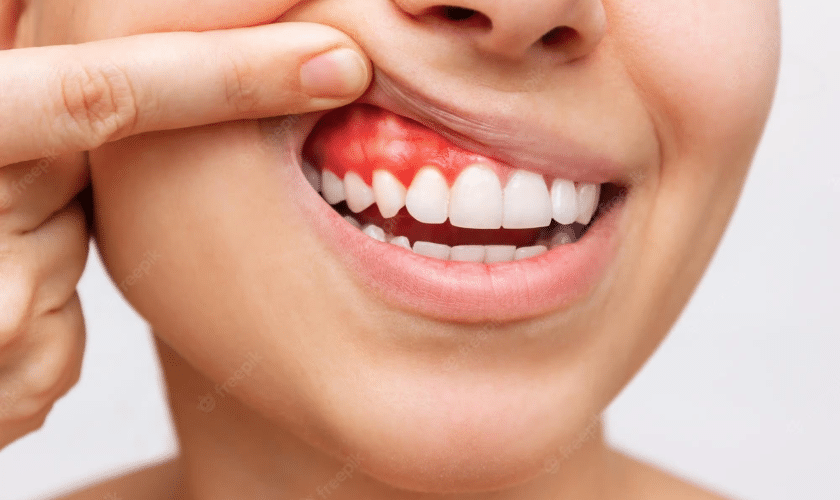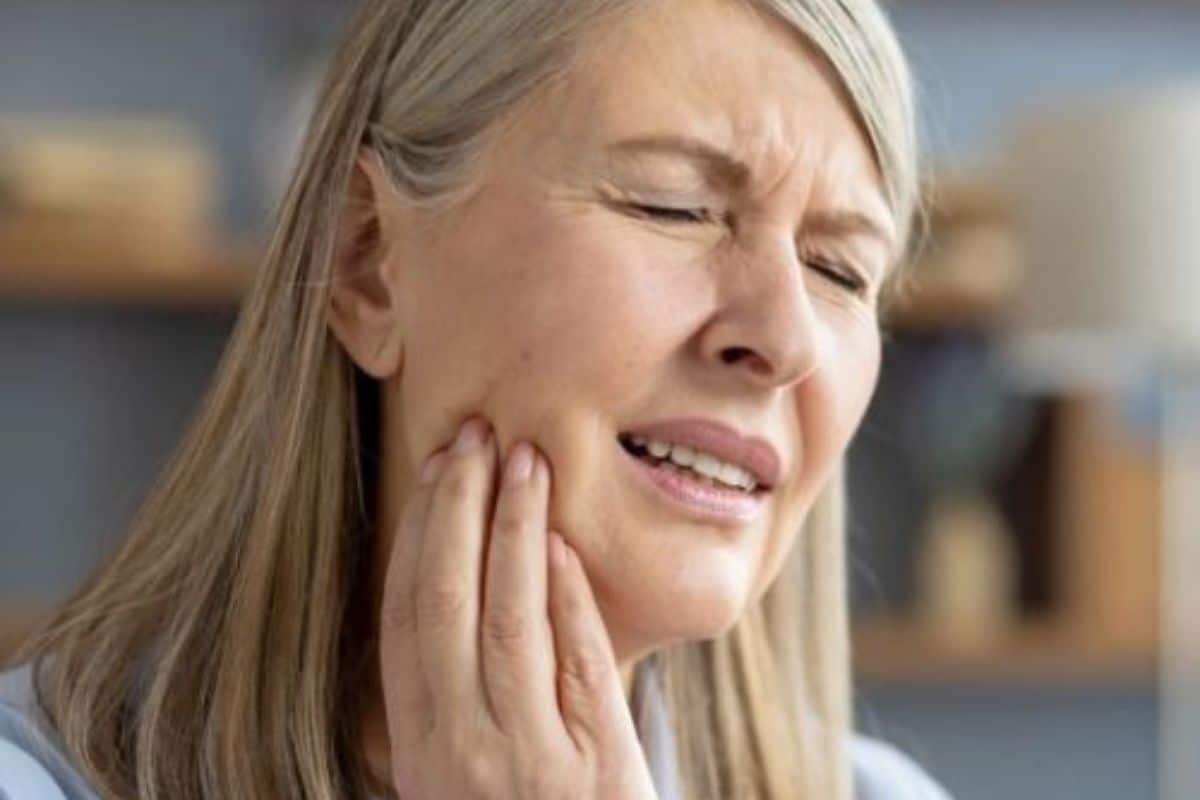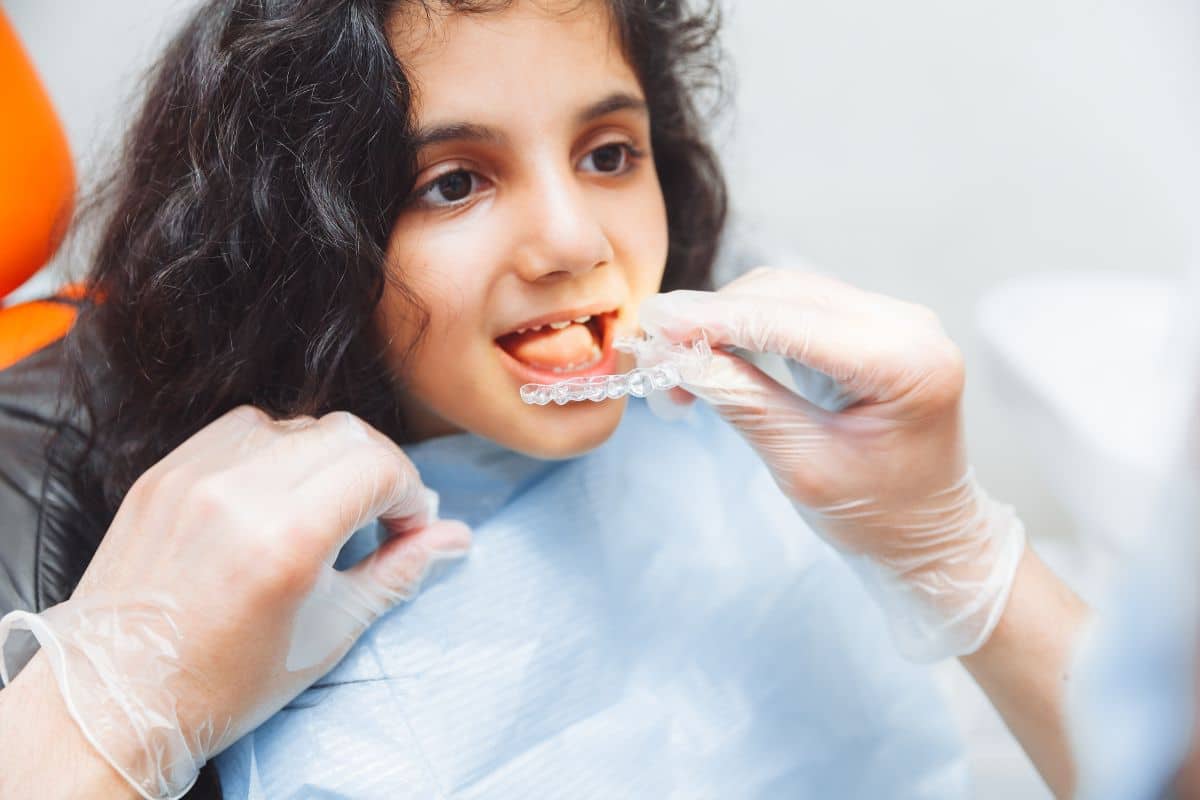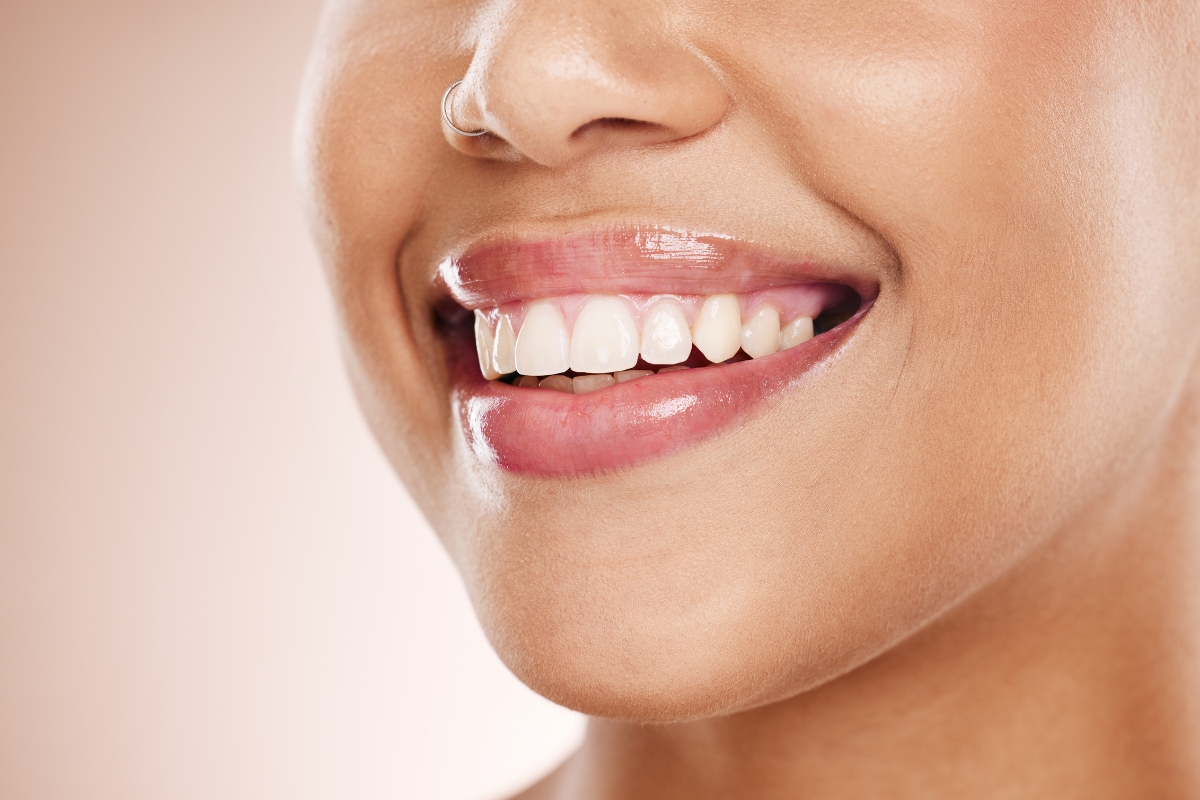HOW TO STOP BLEEDING GUMS: TIPS FROM AN EMERGENCY DENTIST

Bleeding gums can be a concerning and sometimes alarming issue. Whether it happens while brushing your teeth or spontaneously, it’s essential to address it promptly. While it’s normal for gums to bleed occasionally, frequent or persistent bleeding can be a sign of an underlying problem that needs attention. In this guide, we’ll delve into the causes of bleeding gums and provide practical tips from emergency dentists on how to stop it effectively.
Understanding the Causes:
Before diving into solutions, it’s crucial to understand why your gums might be bleeding. Some common causes include:
- Gingivitis: This is the early stage of gum disease, characterized by inflammation of the gums due to plaque buildup.
- Poor Oral Hygiene: Inadequate brushing and flossing can lead to plaque accumulation, which irritates the gums and causes bleeding.
- Vigorous Brushing: Brushing too hard or using a toothbrush with hard bristles can damage the delicate gum tissue, leading to bleeding.
- Medications: Certain medications, such as blood thinners, can increase the risk of bleeding gums.
- Hormonal Changes: Hormonal fluctuations, such as those during pregnancy or menstruation, can make gums more susceptible to bleeding.
Tips from Emergency Dentists:
Now that we understand the potential causes, let’s explore how to stop bleeding gums effectively:
- Gentle Brushing: Use a soft-bristled toothbrush and gentle, circular motions to clean your teeth and gums. Avoid aggressive brushing, as it can irritate the gums and worsen the bleeding.
- Floss Regularly: Flossing helps remove plaque and food particles from between your teeth and along the gumline. Be sure to floss gently to avoid causing trauma to the gums.
- Rinse with Salt Water: A saltwater rinse can help reduce inflammation and promote healing. Combine one teaspoon of salt with a glass of warm water, then swish the solution around your mouth for about 30 seconds before expelling it.
- Avoid Tobacco Products: Smoking and chewing tobacco can exacerbate gum inflammation and increase the risk of bleeding gums. Quitting tobacco can improve your oral health and reduce bleeding.
- Use a Mouthwash: An antiseptic mouthwash can help kill bacteria and reduce plaque buildup, which can contribute to bleeding gums. Look for a mouthwash that is alcohol-free and contains ingredients like chlorhexidine or hydrogen peroxide.
- Apply Pressure: If your gums are bleeding due to injury or trauma, apply gentle pressure with a clean gauze or cloth to help stop the bleeding. Hold the pressure for a few minutes until the bleeding subsides.
- Visit Your Dentist: If bleeding gums persist despite home care measures, it’s essential to see your dentist for a thorough evaluation. They can identify any underlying issues and recommend appropriate treatment to address the problem.
Bleeding gums can be a sign of various oral health issues, from gingivitis to hormonal changes. However, with the right approach and proper oral hygiene habits, you can effectively stop bleeding gums and promote gum health. By following the tips outlined in this guide and seeking professional dental care when needed, you can maintain a healthy smile for years to come.
Remember, prevention is key when it comes to oral health, so be sure to brush and floss regularly, avoid tobacco products, and visit your dentist for regular check-ups. Your gums will thank you!
With these insights from emergency dentists, you can tackle bleeding gums head-on and regain confidence in your oral health.
Recent Posts

How Age Impacts Your Cosmetic Dentistry Options

What Happens If You Ignore a Broken or Cracked Tooth?

Can Teens Get Invisalign? What Parents Should Know

What is the Fastest Way to Whiten Teeth Before a Wedding in Havertown?


